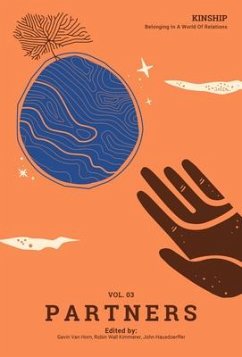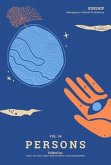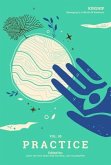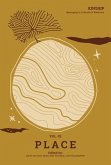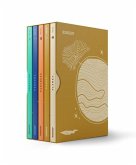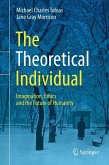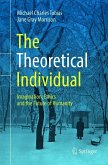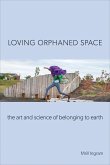Volume 3 of the Kinship series revolves around the question ofinterspecies relations:How do relations between and among different species foster a sense of responsibility and belonging in us? We live in an astounding world of relations. We share these ties that bind with our fellow humansand we share these relations with nonhuman beings as well. From the bacterium swimming in your belly to the trees exhaling the breath you breathe, this community of life is our kinand, for many cultures around the world, being human is based upon this extended sense of kinship.Kinship: Belonging in a World of Relations is a lively series that explores our deep interconnections with the living world. The five Kinship volumesPlanet, Place, Partners, Persons, Practiceoffer essays, interviews, poetry, and stories of solidarity, highlighting the interdependence that exists between humans and nonhuman beings. More than 70 contributorsincluding Robin Wall Kimmerer, Richard Powers, David Abram, J. Drew Lanham, and Sharon Blackieinvite readers into cosmologies, narratives, and everyday interactions that embrace a more-than-human world as worthy of our response and responsibility.How do cultural traditions, narratives, and mythologies shape the ways we relate, or not, to other beings as kin? Partners, Volume 3 of the Kinship series, looks to the intimate relationships of respect and reverence we share with nonhuman species. The essayists and poets in this volume explore the stunning diversity of our relations to nonhuman personsfrom biologist Merlin Sheldrakes reflections on microscopic fungal networks, to writer Julian Hoffmans moving stories about elephant emotions and communication, to Indigenous seed activist Rowen Whites deep care for plant relatives and ancestors. Our relationships to other creatures are not merely important; they make us possible. As poet Brenda Cárdenas, inspired by her cultural connections to the monarch butterfly, notes in this volume: We are / one life passing through the prism / of all others, gathering color and song.

